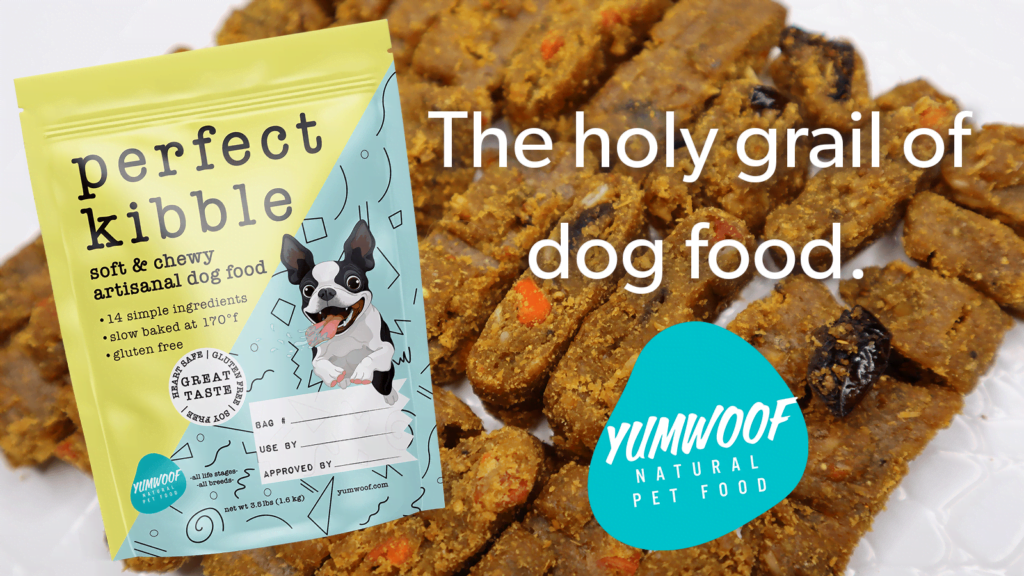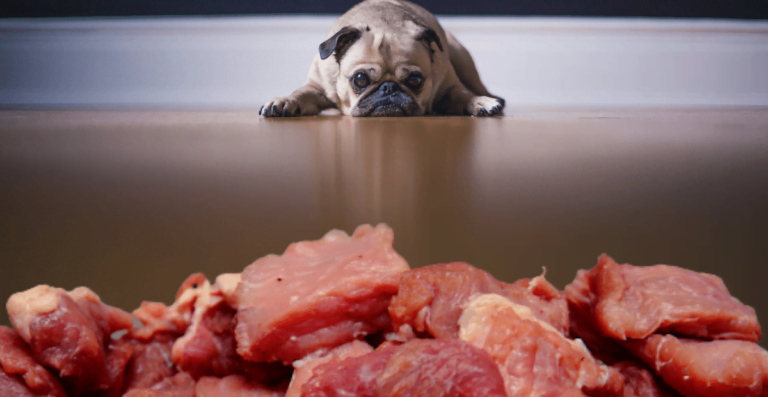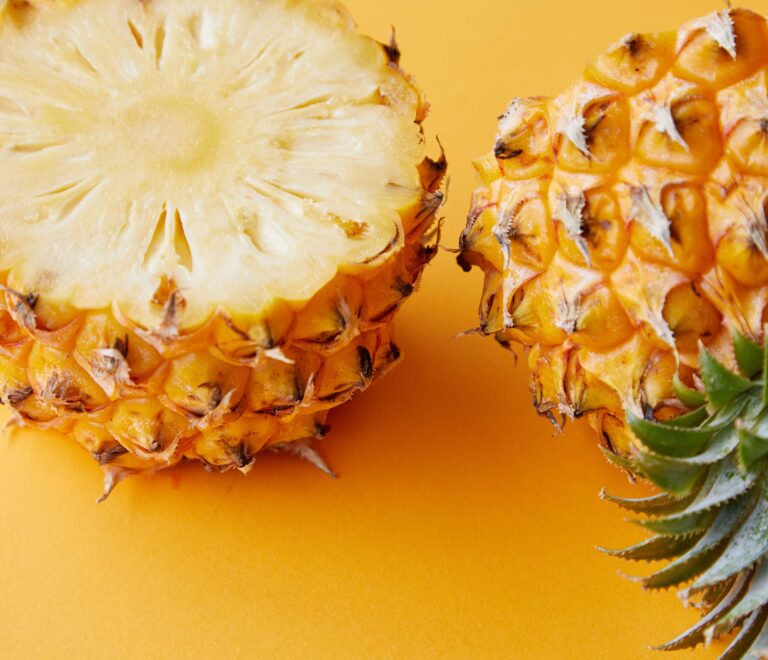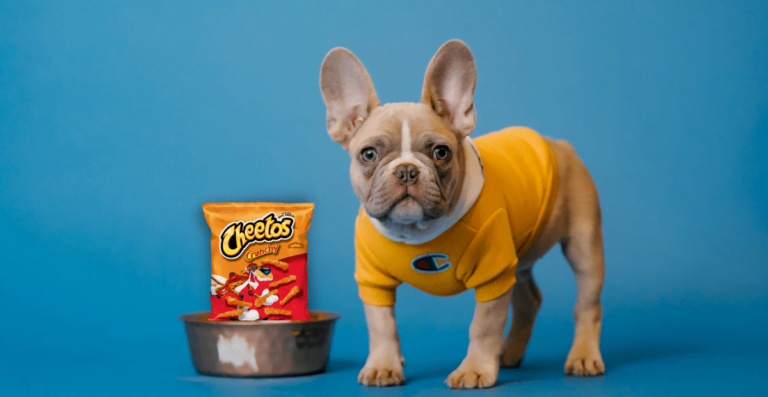Can a Dog Eat Pizza? Understanding the Do’s and Don’ts of Feeding Your Furry Friend
As pet owners, we often find ourselves sharing our meals with our furry friends, especially when those big, pleading eyes are fixed on us. Pizza, a universal favorite, is often at the top of the list of foods our dogs seem eager to try. But can a dog eat pizza?
This question, while simple, opens up an important discussion about the dietary needs and restrictions of our canine companions.
The Basic Composition of Pizza and Its Effects on Dogs
Before delving into whether dogs can eat pizza, it’s essential to understand what pizza is typically made of. A standard pizza consists of a bread crust, tomato sauce, cheese, and various toppings, which might include meats, vegetables, and sometimes even fruits like pineapple.
- The Crust: While bread isn’t toxic to dogs, it doesn’t offer any significant nutritional value. Additionally, the dough is often high in sugar and fats, which can lead to obesity and related health issues in dogs.
- Tomato Sauce: Plain tomato sauce in small amounts is generally safe for dogs. However, the sauce used in pizzas often contains garlic and onions, which are toxic to dogs.
- Cheese: Most dogs are lactose intolerant, meaning that high amounts of cheese can cause digestive issues. Moreover, cheese is high in fat, contributing to unhealthy weight gain.
- Toppings: Common pizza toppings like pepperoni, sausage, and other processed meats are high in salt and fat, which are harmful to dogs. Ingredients like onions and garlic are particularly dangerous.
The Health Risks Associated with Feeding Pizza to Dogs
Understanding the potential health risks is crucial when considering giving pizza to your dog. The high-fat content in pizza can lead to pancreatitis, a severe and potentially life-threatening condition. Additionally, ingredients like garlic and onion can cause anemia in dogs. The excessive salt content in processed meats and cheese can lead to sodium ion poisoning, characterized by symptoms like vomiting, diarrhea, high fever, and seizures.
Nutritional Needs of Dogs vs. Humans
Dogs and humans have different nutritional needs. Canines require a balanced diet rich in proteins, vitamins, and minerals, with a careful balance of carbohydrates and fats. Foods like pizza do not meet these requirements and can disrupt a dog’s diet, leading to nutritional imbalances.
The Psychological Aspect of Feeding Human Food to Dogs
Feeding human food like pizza to dogs can also lead to behavioral issues. Dogs might become picky eaters, refusing their regular dog food in favor of table scraps. This can further lead to nutritional deficiencies and reinforce begging behaviors.
Safe Alternatives to Pizza for Dogs
If you’re keen on sharing a pizza-like experience with your dog, there are safer alternatives. You can create a dog-friendly ‘pizza’ using a whole wheat tortilla, a spread of pureed pumpkin (a healthy, low-calorie option), a sprinkle of low-fat cheese, and toppings like cooked chicken and dog-friendly vegetables.
Expert Advice and Recommendations
Veterinarians consistently advise against feeding dogs human food like pizza. If you wish to share your meals with your pet, consult with a vet to understand safe options that won’t compromise your dog’s health.
Encouraging Responsible Pet Ownership
Being a responsible pet owner means understanding and respecting the dietary needs of your dog. While it’s tempting to share our favorite foods with our pets, we must prioritize their health and well-being.
In essence, while dogs might eagerly accept a slice of pizza, it’s our responsibility as pet owners to ensure that what we feed them contributes to their health, not detracts from it. Remember, a happy dog is a healthy dog, and sometimes that means saying no to those big, pleading eyes.
Conclusion
In summary, while sharing food with our pets is a common practice, it’s vital to be aware of the health implications it can have, particularly with foods like pizza. Pizza, with its mix of potentially harmful ingredients like high-fat cheeses, garlic, onions, and processed meats, poses significant health risks to dogs. These risks range from digestive issues to severe conditions like pancreatitis and anemia. It’s essential to recognize that dogs have different nutritional needs than humans and that feeding them human food can lead to both health and behavioral problems.
As responsible pet owners, our primary goal should always be the well-being and health of our pets. Opting for dog-friendly treats and consulting with veterinarians for dietary advice is the best way to show love and care for our canine companions. Remember, the best way to keep your dog happy and healthy is by providing them with food that caters to their specific dietary needs, not our human preferences.
Subscribe to our weekly newsletter below and never miss the latest article.









